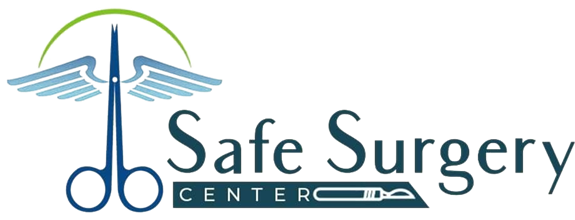
Which Diet Should You Take After Hernia Surgery
You must pay close attention to your food when recovering from surgery for a hernia. A thoughtful dietary plan can speed up recovery, lessen discomfort, and head off problems. hernia specialist in agra provides you the best treatment.
Understanding the Importance of Diet
Your body goes through a healing process after hernia surgery. In order to help heal wounds, strengthen your immune system, and control any pain following surgery, nutrition is essential. A balanced diet can also help with problems like constipation, which is a common side effect of painkillers and a decrease in physical activity following surgery.
What to Eat
1. High-Fiber Foods
Include high-fiber foods in your diet to ward off constipation. Legumes, fruits, vegetables, and whole grains are all great sources. You may maintain a healthy digestive tract by eating foods like oatmeal, brown rice, apples, berries.
2. Lean Proteins
For tissue healing, protein is necessary. Lean sources are best, like tofu, fish, poultry, eggs, and lentils. Consuming meals high in protein will hasten your recuperation and help you keep your muscle mass.
3. Healthy Fats
In addition to promoting general health, healthy fats can help lower inflammation. Add sources such as nuts, seeds, avocados, and olive oil. In addition to being a source of energy, these fats aid in bodily healing.
4. Hydration
Recuperation requires maintaining proper hydration. Water facilitates the breakdown and absorption of nutrients. If you find it difficult to drink plain water, try herbal teas or clear broths. Try to consume at least 8 to 10 glasses of water each day.
Conclusion
Following hernia surgery, nutrition plays a critical role in your recuperation. Avoid irritants like processed and spicy meals and instead concentrate on eating a diet heavy in fiber, lean protein, and healthy fats. Dr. Karan R. Rawat is a good gastroenterologist at a safe surgery center.



